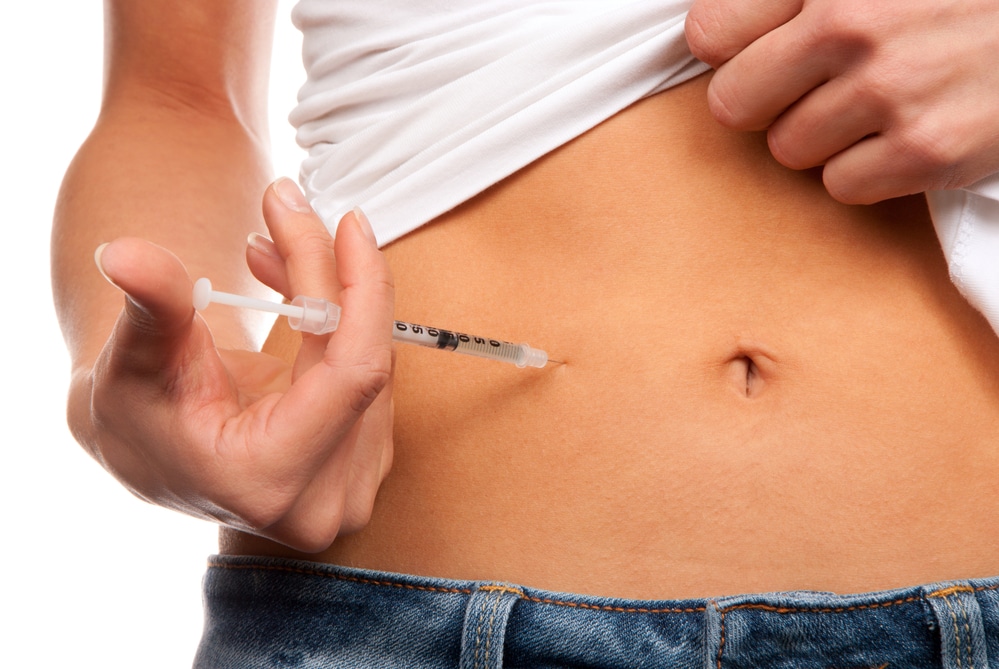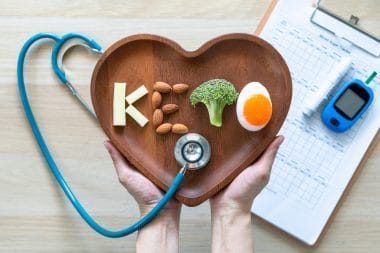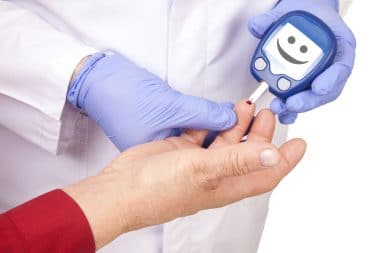On the one hand, we are fighting a constant battle against bacteria. Bacteria cause most of the common diseases that are plaguing humans, On the other hand, scientists estimate that we hosts about 100 trillion bacteria of more than 500 different species in our stomach. And we cannot live without them. Achieving a healthy balance between harmful bacteria we do not want and necessary bacteria we want is not easy. So, popping up probiotics, pills with about a billion or two of bacteria daily is not so crazy as it sounds.
Helpful diversity
Undoubtedly, mother’s milk is what keeps babies healthy and thriving. Interestingly, the latest research shows that mother’s milk contains more than 700 kinds of good bacteria. Scientists think that one of the possible reasons for the importance of mother’s milk for babies’ well-being might be the huge diversity of stomach flora.
The main role of bacteria living in our stomach is to keep bad, harmful bacteria in check. In addition, good bacteria help with digestion and absorption of nutrients and help with the immune function. In fact, stomach flora is so important that some scientists call it “organ within an organ”.
Keeping a healthy balance of stomach bacteria
Normally, keeping happy balance of all stomach bacteria is done by eating healthy, balanced food. Different foods contain different useful bacteria. That is why conditions such as obesity, diabetes, age, genetics or poor diet can affect the balance of bacteria in our stomach. Antibiotics, which we need to kill harmful bacteria, also destroy the good guys.
In many countries where yoghurt, foods with yeast and pickled foods are common part of the diet, people easily replenish missing bacteria without having to resort to supplements. But, Americans never really adopted yoghurt as a mainstream foods. Popping pills is much more familiar, hence the popularity of probiotic supplements.
The power of probiotic
Probiotics” â„¢ use in the form of supplements is controversial. The FDA has not approved any health claims for probiotics. Most studies accept their positive role in helping with diarrhea caused by the use of antibiotics. Some recent studies also show positive impact of probiotic supplements for sufferers of irritable bowel symptoms, although the mechanism is not clear.
In the meantime, the sale of probiotic supplements is growing to a whooping $2.3 billion in 2010. They are being sold as a cure for just about any type of digestive ailment.
Considering the importance of healthy stomach flora, it would seem that probiotic supplements could not hurt. They are not much different from the regular yoghurt, which our mothers pushed at us after a bout of antibiotics. But, if you decide to add probiotic supplement to your nutrition, consult your doctor first. You might have a condition that is counter-indicated and which would make probiotics bad for you. As with any other supplement, don”t self-medicate. Any product that contains active ingredients can be potentially harmful.






